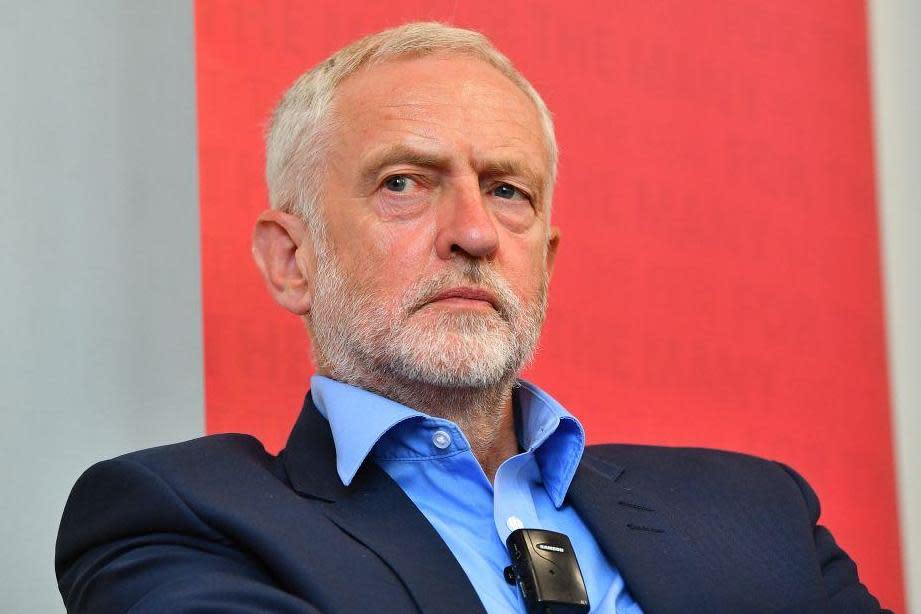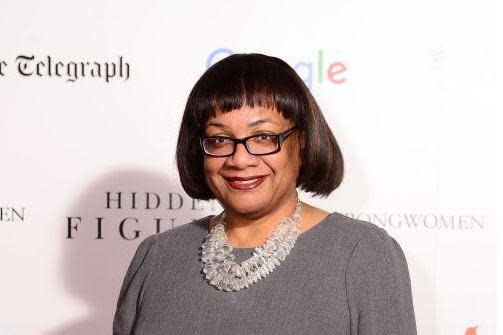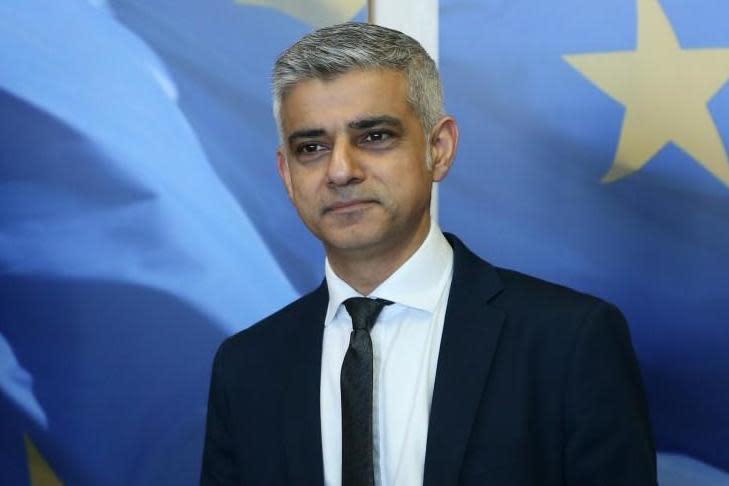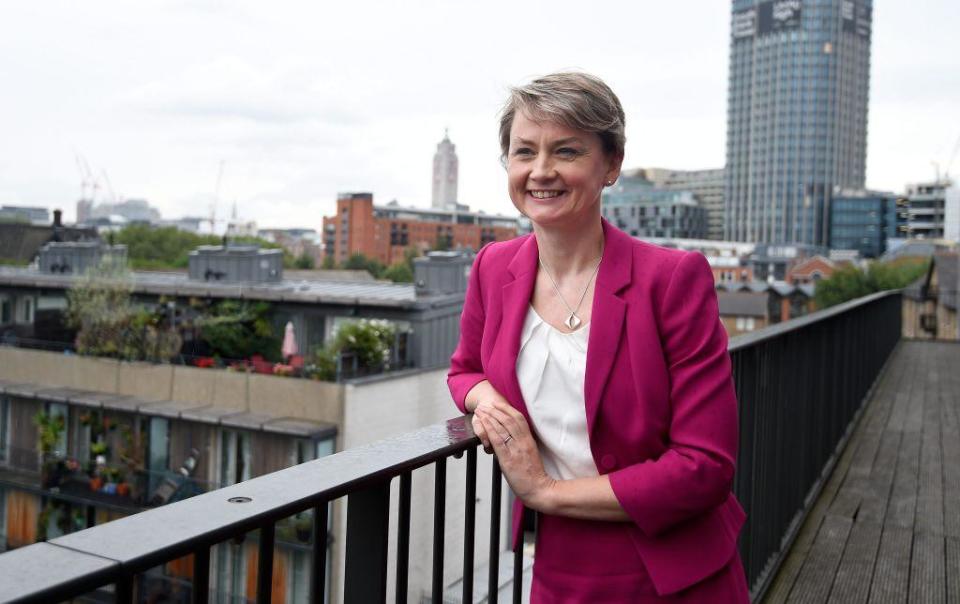War of the roses: meet the feuding factions attending the Labour Party conference

It's not quite the Pyramid stage at Glastonbury. But when Jeremy Corbyn stands before loyalists at Brighton Centre next Wednesday to close Labour’s party conference, it will be to make his most important, most scrutinised speech yet.
Once written off, this is a man who now believes he will be our next Prime Minister.
So will the Labour leader opt for a victory address to a chorus of “Oh, Jeremy Corbyn!” (not actually winning June’s general election being a mere technicality), or will he instead set out his plan for a total triumph at the next election, stressing that the last 60 seats are the hardest to win? Will it be a miners’ gala 2.0, or can Corbyn present himself as a Blair of the Left, uniting the nation around a new vision? “What he should do, and what he will do are two different questions,” says one moderate Labour MP mournfully.
That criticism illustrates the party’s problem. With the Conservatives imploding, helped by Boris’s booby traps, Labour is on the front foot. But Corbyn still leads a highly-factionalised party. And the divides aren’t so much the Judean People’s Front vs The People’s Front of Judea, as being about who the Labour party should be for, who should succeed Corbyn and what the party should be saying on the biggest issue of the day: Brexit. The different camps – weakened as the anti-Corbyn camp are – will use conference to make their cases to the membership, the media and the nation.
Camp Corbyn

Corbyn may not have won the battle of June 8, but he has won the internal war within the Labour party, nixing the possibilities of another leadership challenge or the formation of a breakaway party. He and his allies - the inner circle includes Diane Abbott, John McDonnell and Emily Thornberry - will use conference to rally the troops and adjust the party’s rulebook to tighten the Hard Left’s hold on power.
As Corbyn’s summer tour of marginal seats shows, he anticipates another general election soon (pity Brenda from Bristol!). The other challenge is building a credible cabinet: “It’s not exactly the A-team,” notes a former shadow cabinet member. The question is whether Corbyn is willing to welcome any of the prodigal sons and daughters who’ve quit for the backbenches back into the fold; there’s the chance for bridge-building beside the seaside.
Sniffing power, Corbyn and his team are starting to think about the practicalities of being in Downing Street - hence the recent shift on Brexit. Labour now wants the UK to remain a member of the single market for an extended transition period, possibly forever. That buys Corbyn time, meaning his first year as PM wouldn’t be dominated by the transition. His policy on tuition fees - a sop to the middle classes - also showed Corbyn was willing to build a broader coalition of voters to win. One of the expectations at conference is that he and his cabinet will look to reach out to other non-traditional Labour voters.
Their leader’s position is so unexpectedly secure that his supporters aren’t really thinking post-Corbyn, but he is 68. Inevitably, there’s jostling among underlings to be the heir apparent and succession gossip will be rife at conference. There’s a widespread desire for Labour, only 117 years in, to let a woman have a go. Len McCluskey, the general secretary of the Unite union, has mooted Thornberry as a possible Corbyn successor but others believe the Hard Left should look to the next generation, with Rebecca Long-Bailey being talked up.
“Seumus Milne [Corbyn’s spin doctor] and McDonnell would like it to be her, because they feel like they’d be able to control her more,” says a senior Labour source. A soft left MP sticks the knife in deeper: “She doesn’t command the respect of the PLP and there have been too many car-crash interviews.”
Since there’s no vacancy at the top, one of the talking points of conference is likely to be the desire to have a second female deputy leader, so that the top tier of the Labour party will look less brocialist. Harriet Harman has urged Labour to change its rules on this, and McCluskey has given his backing too. There are also rumours that shadow foreign secretary Thornberry is being encouraged to challenge the current deputy leader, Tom Watson (who’ll be speaking on Tuesday).
Last year, shadow education secretary Angela Rayner was the star of conference. She is independent-minded, well-liked and has what the late Denis Healey described as a “hinterland”: her mother was illiterate and Rayner left school at 16 a teen Mum. She has also been travelling around the country to meet members, a sign of ambition. A friend of Rayner’s says she sees herself as a potential deputy leader figure in the John Prescott mould. However, Westminster whispers suggest she has lost favour among the Corbynite crowd, not helped by a passionate defence of Tony Blair in January.
Sidelined Sadiq (and Andy)

The soft left’s great hope Sadiq Khan – despite being Labour’s most popular politician – isn’t definitely making a speech at conference, though the arrangement committee say he “ought” to be given a slot. His fellow regional mayor, Andy Burnham of Greater Manchester, is also NFI-ed from the speaker list, but will be on the fringe in conversation with Tom Clark, editor of Prospect Magazine. Burnham is likely to stress that Labour cannot be a London-focused-party, and that Corbyn must make clear his desire to help the North.
Khan, meanwhile, happy at City Hall, clearly doesn’t want to be seen as waiting in the wings. He says he will stand for a second mayoral term in 2020, and notably, former parliamentary colleagues say he doesn’t keep in touch much, though he helped many London MPs with pre-election campaigning. When asked if he wants to be Labour leader, London’s mayor has a stock reply: “Why give up the best job in the world?”
Grassroots Gang
The desires of Momentum’s main figures are closely-aligned with Corbyn’s, but not identical (McDonnell and Cat Smith are among the MPs closest to the Momentum movement). Founder Jon Lansman has argued the party’s ruling body, the National Executive Committee, needs greater representation of grassroots members, to help sway policy decisions and candidate selection.
On Tuesday, the NEC gave the green light to changes to the way Labour elects its leader, lowering the threshold for nominations to get on the ballot from 15 to 10 per cent of MPs and MEPs (known as the McDonnell amendment). This is seen as vital to ensure a Hard Left candidate is on the ballot post-Corbyn. The committee will also have three more places reserved for the grassroots. These changes still need to be ratified at Labour conference. In another Momentum victory, there’ll be fewer speeches from MPs so members can have their say in the hall.
There is an ideological split even among Momentum members that could flare up in Brighton. Former C4 economics editor Paul Mason has argued that free movement must end (he says this is essential to avoid betraying working class voters, many of whom believe - even though the evidence mostly suggests otherwise - that immigration depresses wages), but most in Momentum are pro-free movement and the election result has given them the courage to express anti-Brexit feelings.
Keir Royale
Even before Corbyn was crowned leader after the long leadership election of summer 2015, there were mutterings among Labour MPs that the route out of the electoral abyss would involve Sir Keir Starmer. Initially, the talk was to have an interim leader (Alan Johnson’s name inevitably came up in this exercise in straw-clutching) who would eventually stand aside for Starmer. Now, the former head of the CPS is the shadow Brexit secretary but he’s no Corbynite.
He was also a passionate remainer. The morning after the EU referendum, Starmer says that he fretted for his children’s future as he took them to school. It was Starmer who softened Labour’s Brexit stance over the single market - the Corbynites have clicked that it’s wise to listen to him with his legal expertise. Any Brexit-related comments will be closely scrutinised. The Brexit policy shift made Labour look like a party ready to govern, unlike the actual government’s policy papers on Brexit (“like trying to read Harry Potter in Cyrillic,” says one Tory-voting critic).
Still, the anti-Brexit brigade of MPs would like Labour’s position to shift further, and will be making that case at conference. MPs Chris Leslie and Heidi Alexander have won particular praise for their scrutiny of the Brexit bills, leading the pack on amendments and holding the government to account.
The Squeezed Middle

The good news for Labour’s centrists is that the wider review on member participation agreed by the NEC is not expected to include MP deselections. A common concern among them, though, is a dearth of fresh ideas in the party: ‘We don’t want to be winning by default – we need to come up with responses to the big issues: Brexit, social care, defence.”
Despite their “moderate” faction being in the political wilderness, Chuka Umunna (who is speaking at a fringe event on how to win the next election) and Yvette Cooper still have designs on the leadership. According to a number of MPs, Umunna was ready to launch a leadership bid before the general election: they say he had an HQ and funding lined up. Cooper was also crouched at the starting blocks. Their plans plan dissolved with the exit poll.
Meanwhile, a Corbynite source says Cooper still acts like a leader-in-waiting, even with no vacancy: “At every opportunity, she makes grand-standing speeches. She keeps talking about how we become a better Labour Party - the implication is ‘this is how I will lead it’.” Another MP added: “I knew she still wanted the leadership when I got a ‘Good luck!’ text from her on election day, having not heard from her in weeks.”

 Yahoo News
Yahoo News 
